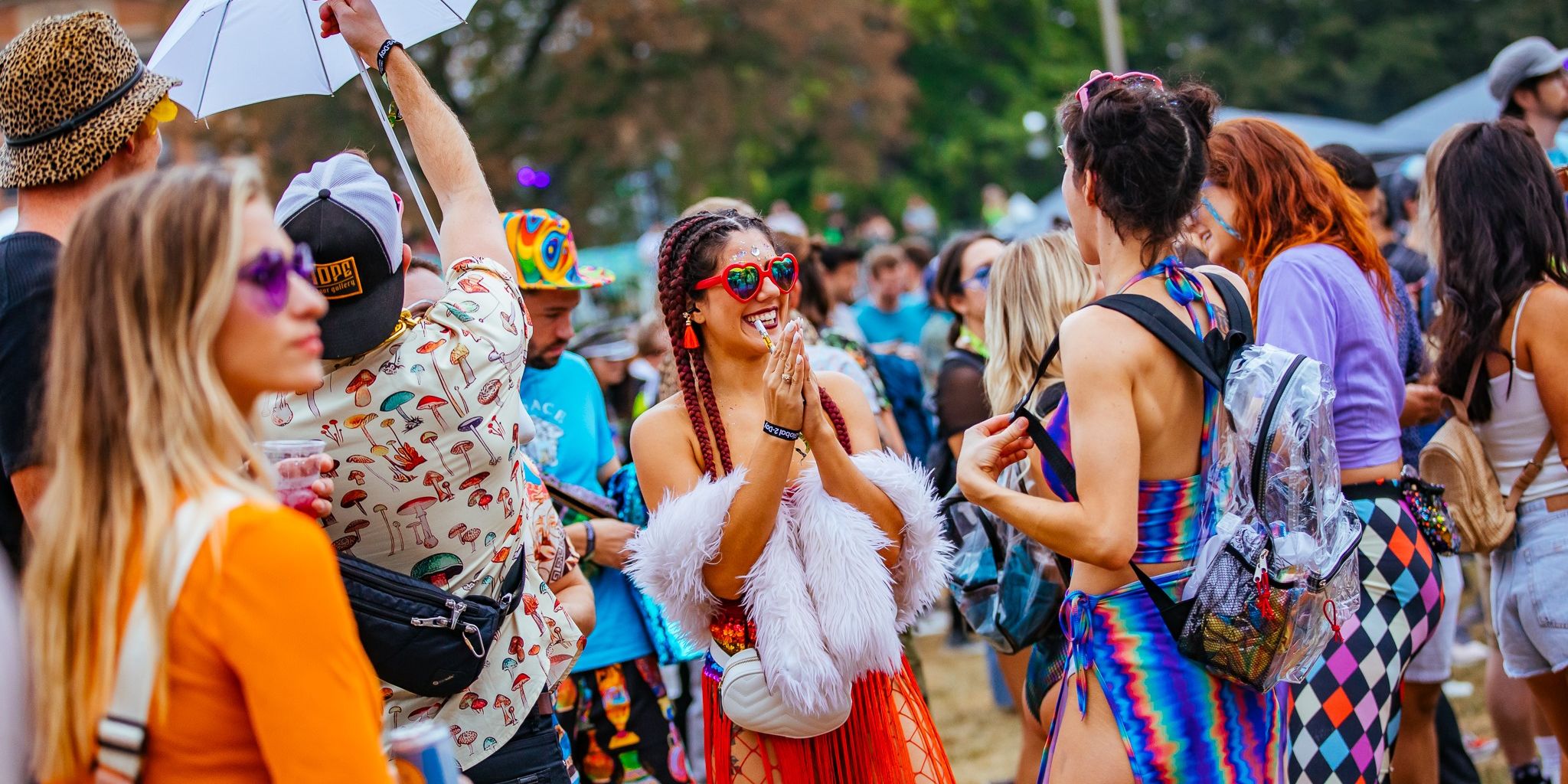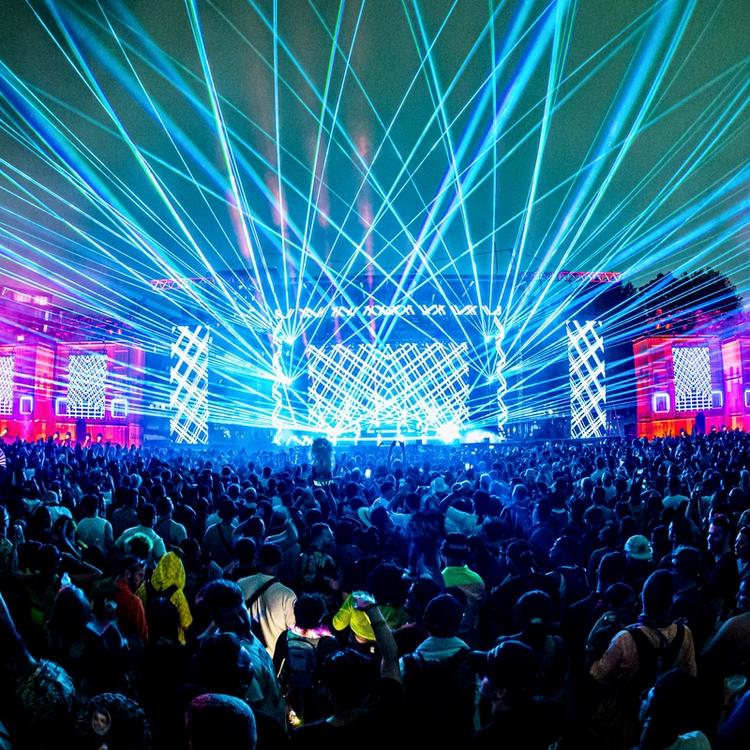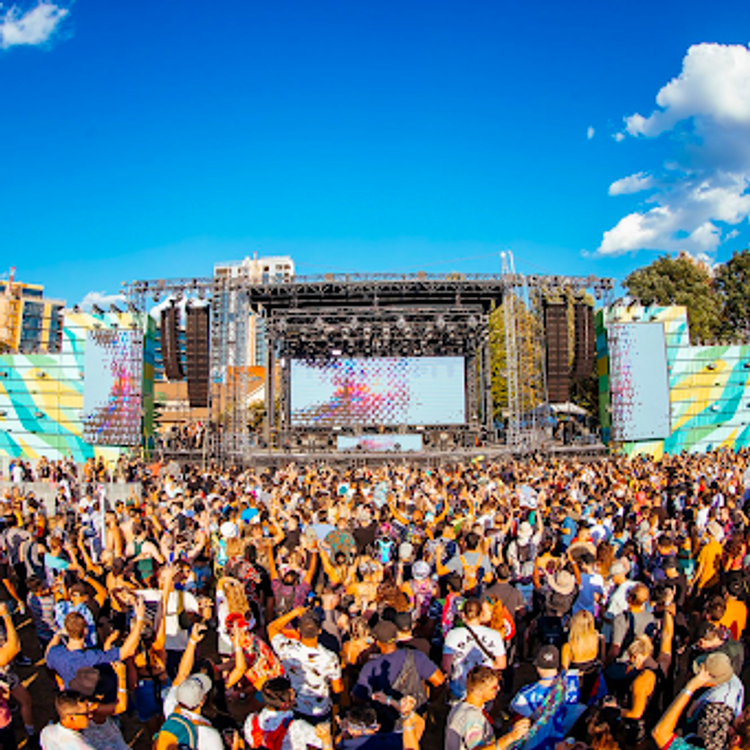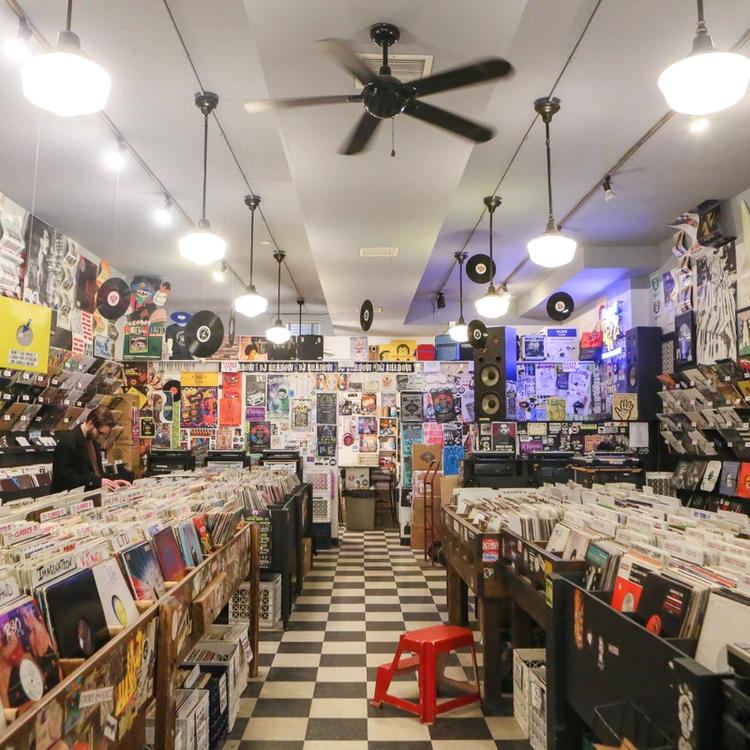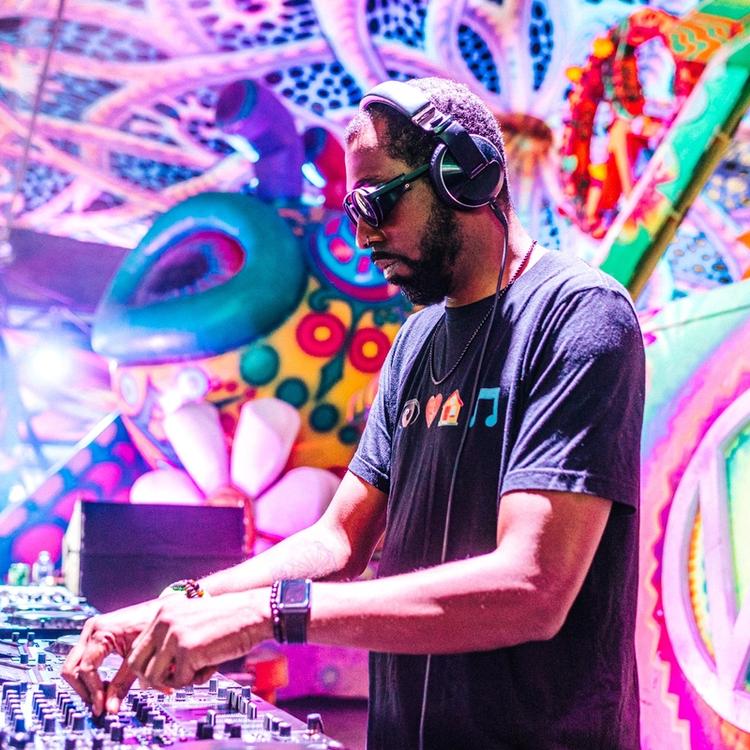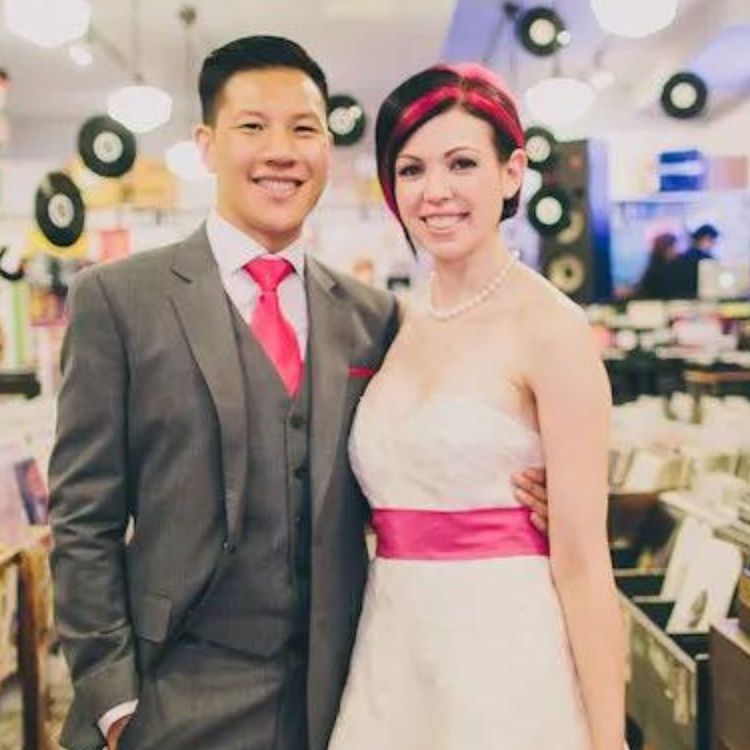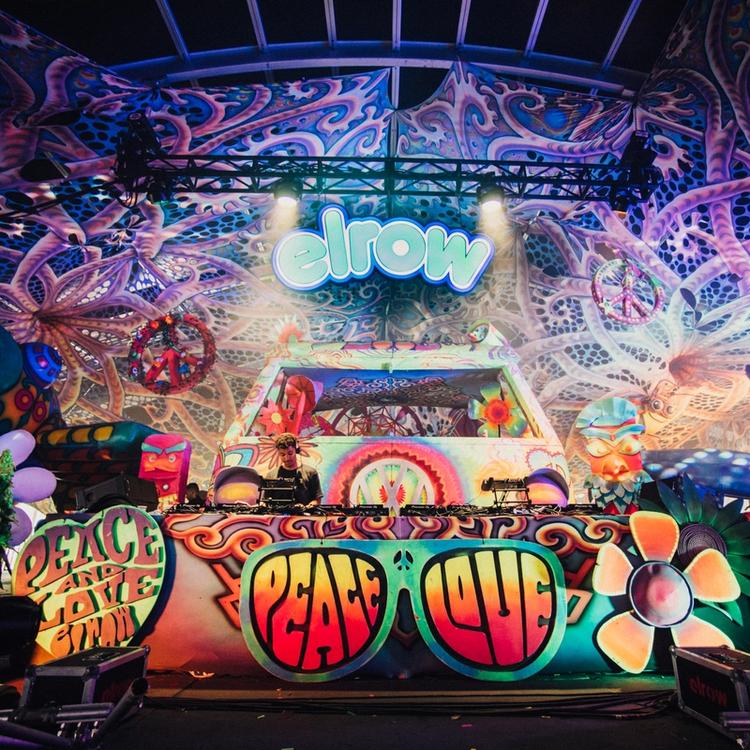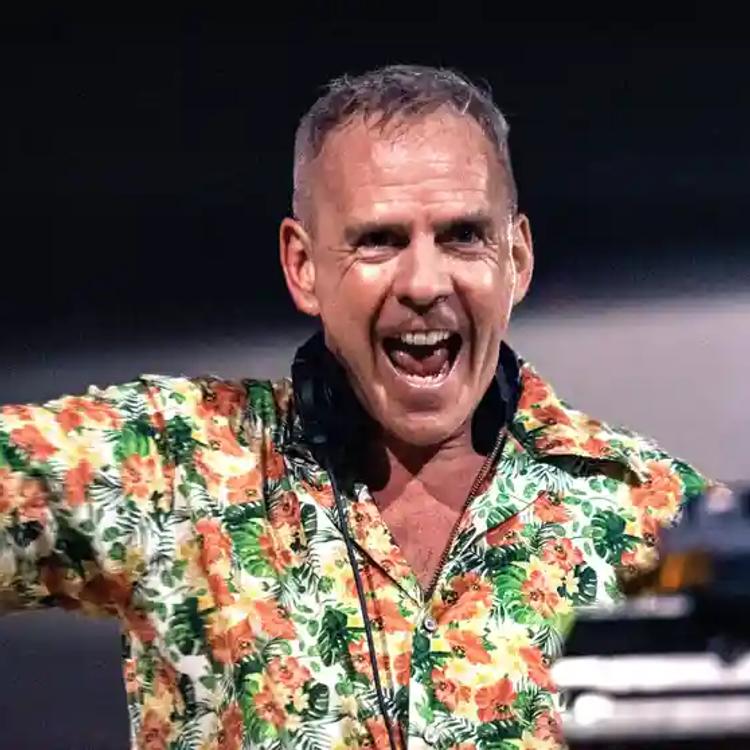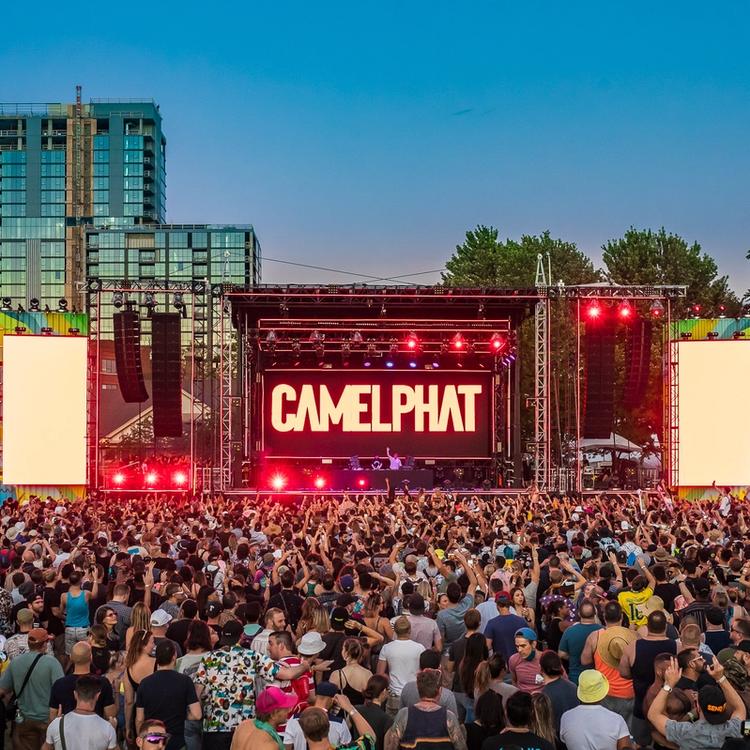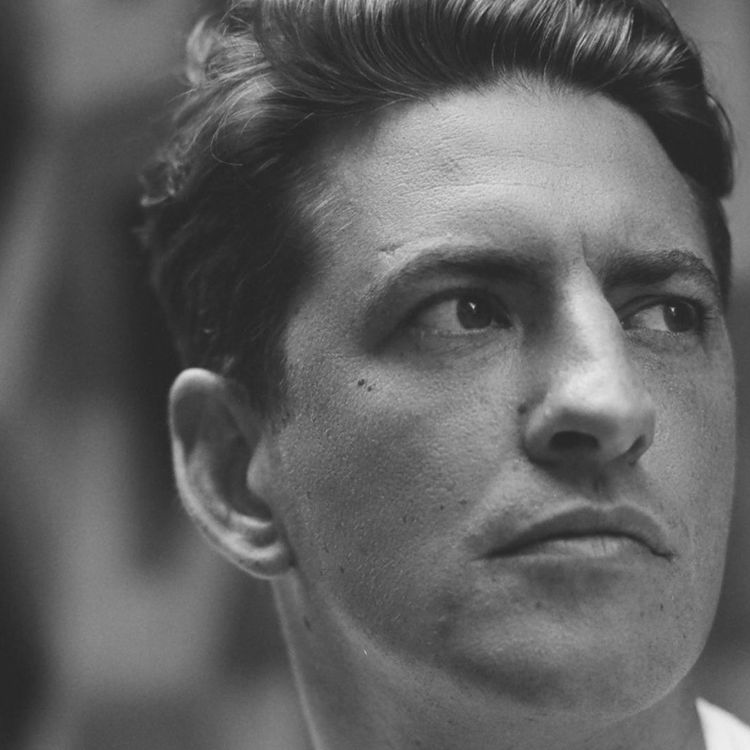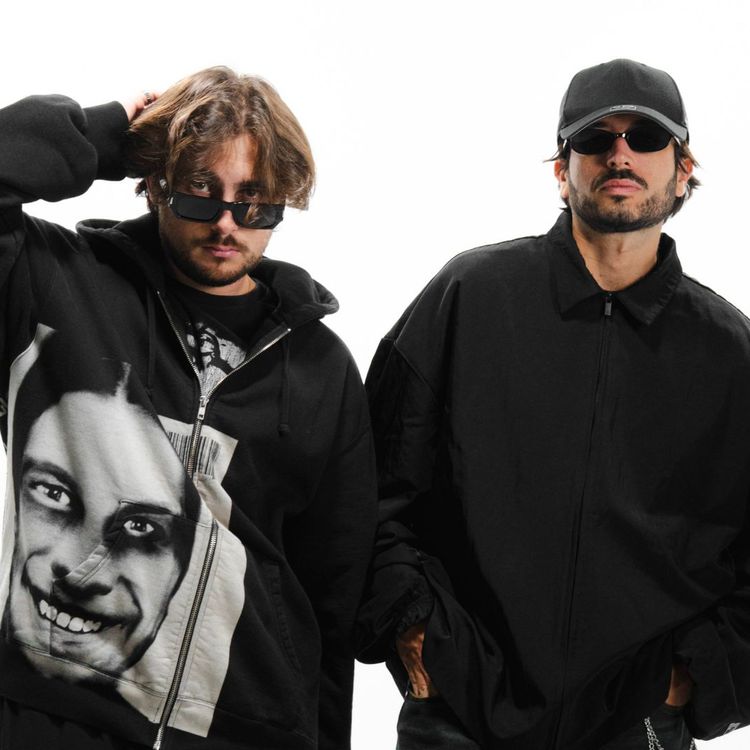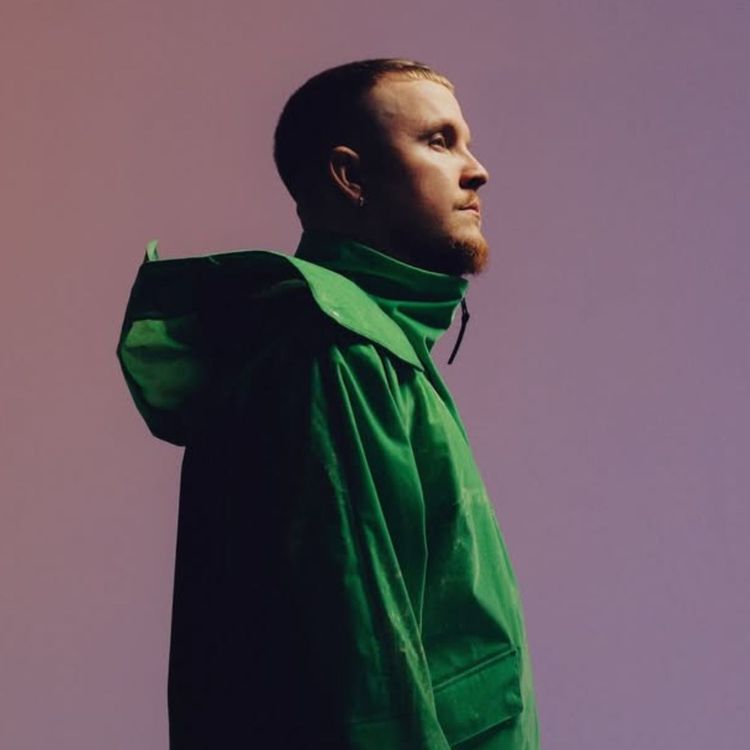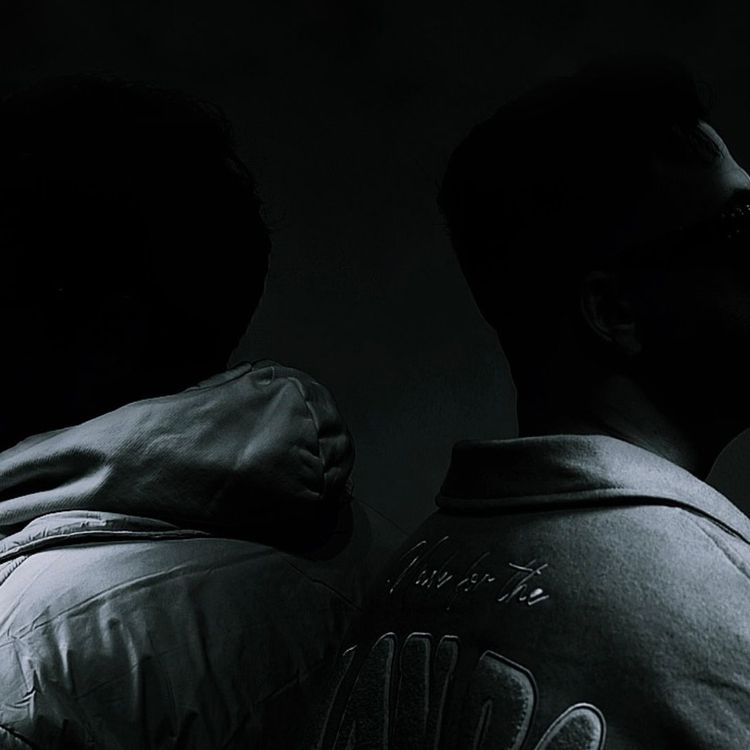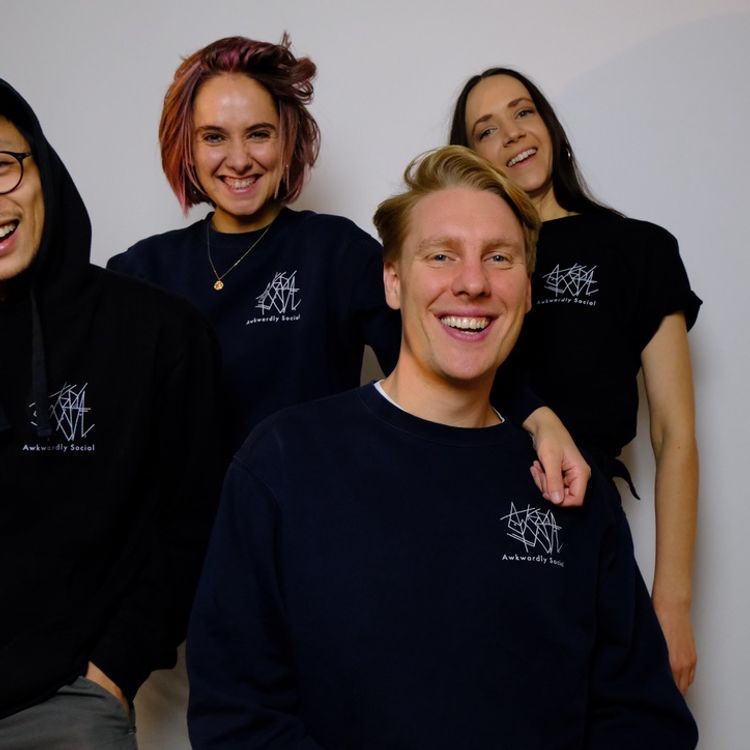How Boutique Festivals Strengthen Dance Music Culture
It feels as if there's is a major music festival somewhere in the US every weekend from March through October. From massive (Ultra Music Festival, Electric Daisy Carnival, Coachella, Lollapalooza) to boutique (CRSSD, III Points, Lightning in a Bottle), there's comfort in knowing there is a little something for everyone. Name a genre of music, and there is likely a music festival that focuses on that style. For consumers, this is great. Having unending choices is an extension of the American dream. This, however, is a new normal.
The festival landscape was hardly as crowded when Ultra Music Festival and Coachella held their inaugural events in 1999. Dance music fans had few options when it came to massive events that catered to their tastes. When Lollapalooza began in earnest in the early 2000s, there wasn't even a dance stage, and now it's the second-largest draw at the festival. And when EDC started over 25 years ago, the scene was still mostly underground, operating in the darkest corners of society.

Lightning In A Bottle 2022
Eric Allen
As festival culture, specifically electronic music festival culture has permeated American society, fans have more opportunities and choices than ever to attend events that cater very specifically to their interests. Although many of the most popular electronic festivals book all genres, the influx of smaller, boutique festivals that focus on one or two sub-genres indicates the changing tastes of dance music fans. These events garner less national attention but often build strong communities and longevity by creating an environment of like-minded people that expect promoters to book forward-thinking lineups.
ARC Music Festival in Chicago fits this mold. ARC held its inaugural event in 2021, and this year expands to three days. The festival exclusively books underground electronic music, focusing on the brightest names in house and techno with an emphasis on interactive art exhibits, honoring the roots of its hometown, and including strong brand partners like elrow.
Chicago is the birthplace of house music. Given the city's rich music history, it seems improbable that it took so long for a music festival honoring the origins of house music to be created.
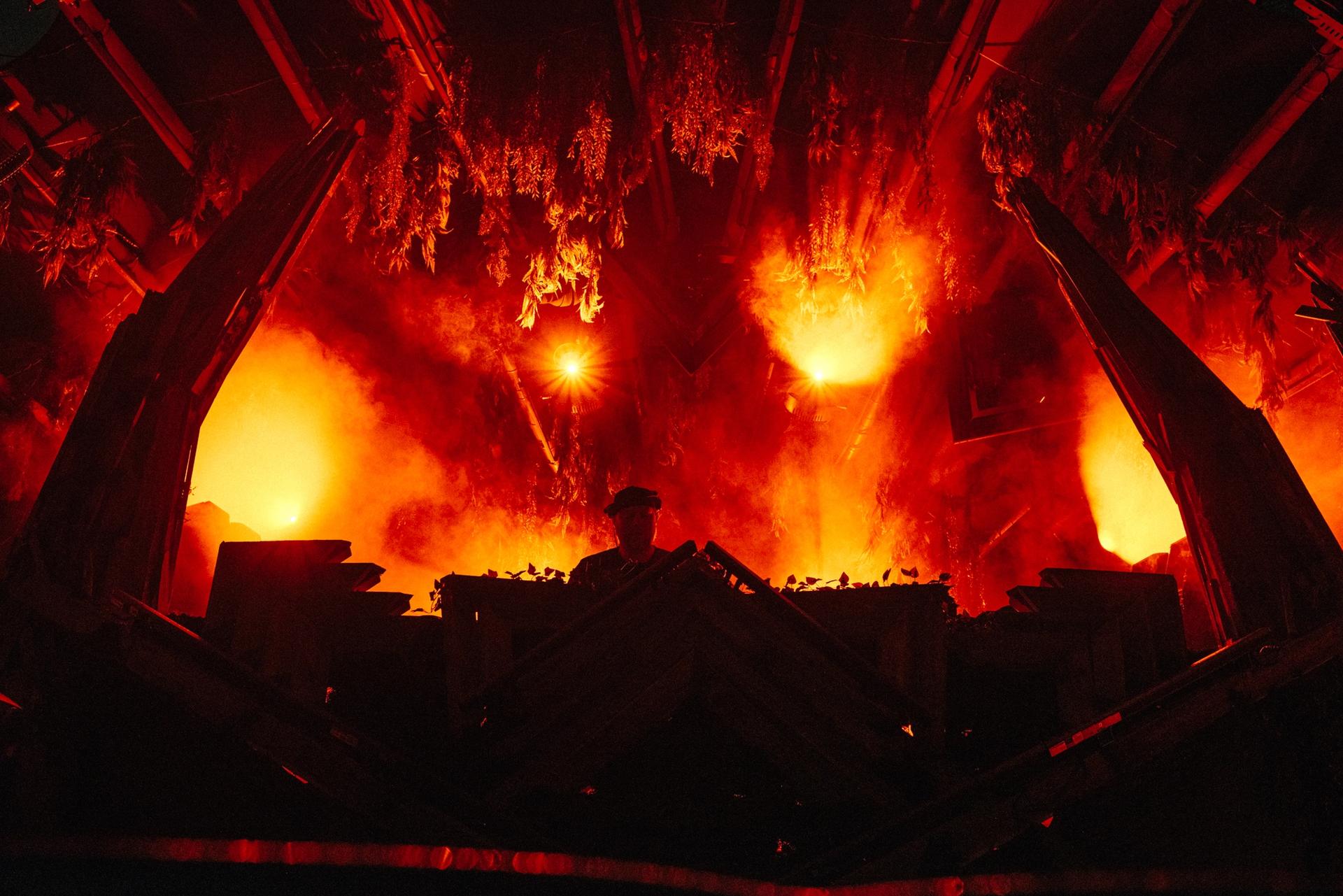
ARC Music Festival 2021
House music first emerged in Chicago in the early 1980s. The founding fathers were Black American DJs who grew up on a steady diet of disco, rock, and soul but were intrigued by brand new synthesizers that could create otherworldly sounds. Then, spurred by new technology from equipment manufacturers like Roland (the 808, 303, and 909) and Korg, artists like Frankie Knuckles, Marshall Jefferson, and Farley "Jackmaster" Funk began experimenting musically.
The godfathers of house music took these new creations out of their bedroom studios to the warehouse. Quite literally, in fact. One of Chicago's primary venues for house music at the time was The Warehouse.
The original house music DJs were onto something. The scene quickly expanded with experimentation. Offshoots like acid house became worldwide phenomena transporting the style worldwide and taking on new forms in cities like London, New York, Berlin, and beyond.
Less than 15 years after the birth of Chicago house, electronic music festivals began to take shape in the US. What had already become a long-held tradition in Europe promised to bring the genres of dance music home to their birthplace. And although we know about Ultra and Coachella's beginnings in 1999, the inaugural Detroit Electronic Music Festival in 2000 truly set the tone.

Movement Detroit
Since 2000, DEMF (now Movement) has run continuously (outside of COVID shutdowns) and independently. As festivals in the 21st century grow and often become the subject of corporate demands, independents like Movement, ARC, and Lightning In A Bottle play an essential role in preserving the culture. The demand for profit should never overrule the demand for culture and community. Of course, boutique festivals have a bottom line. Still, they allow themselves to build something culturally important and relevant by filling a niche.
ARC festival is a long-overdue response to the rich history of Chicago. Architects of Chicago house like Derrick Carter and Gene Farris seamlessly mesh with legends like Carl Cox and modern innovators like Charlotte de Witte. Old school techno crosses paths with new school tech house.
It would be easy for the organizers of Arc to present this message and not follow through with the programming. They have committed to creating an event that memorializes all that is good about the city and scene.
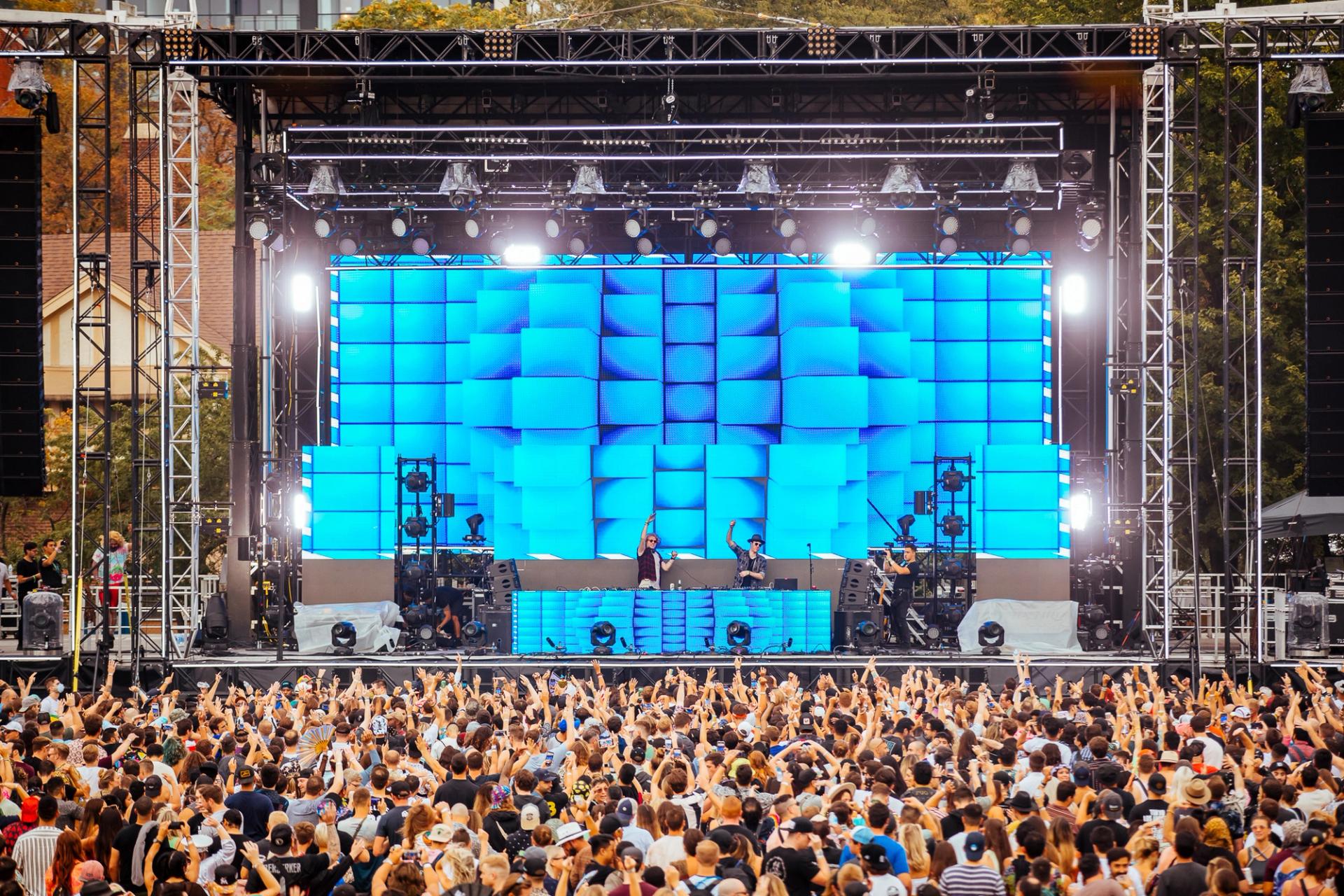
ARC Music Festival 2022
Although the festival is only in year two, its expansion to three days indicates that the response from fans is strong. Another day means another opportunity to highlight more local artists and traditions. And as we peer across the landscape of American music festivals, it's rare to find many that focus on local culture and music history.
